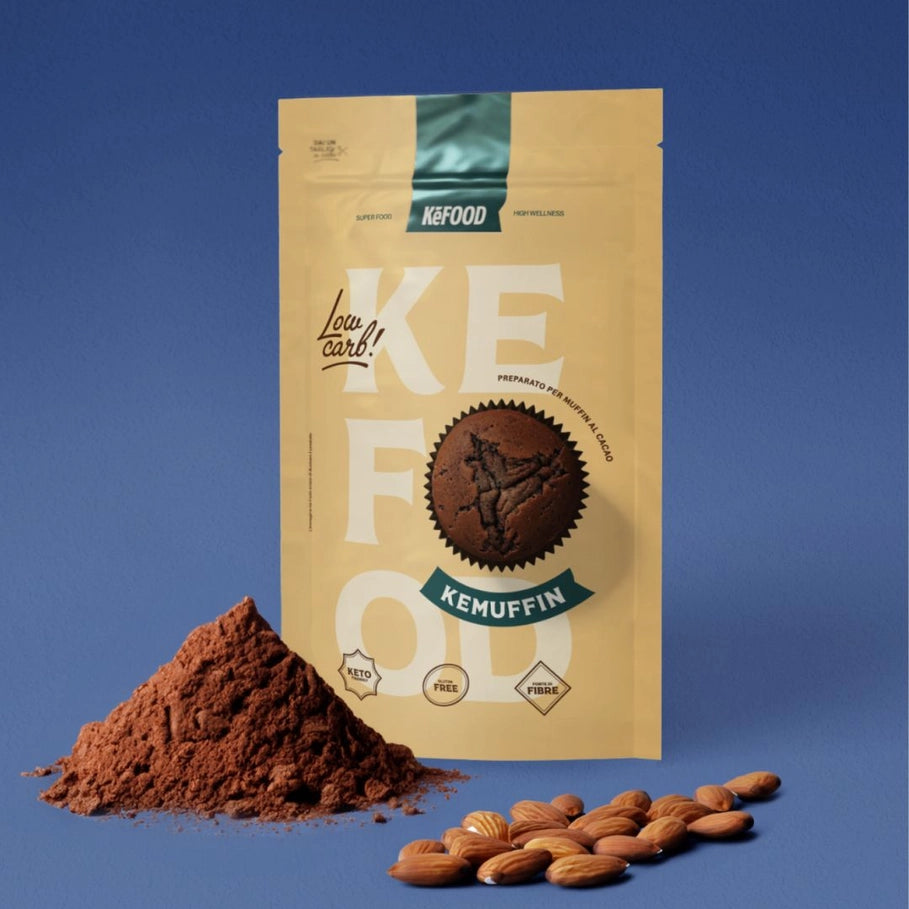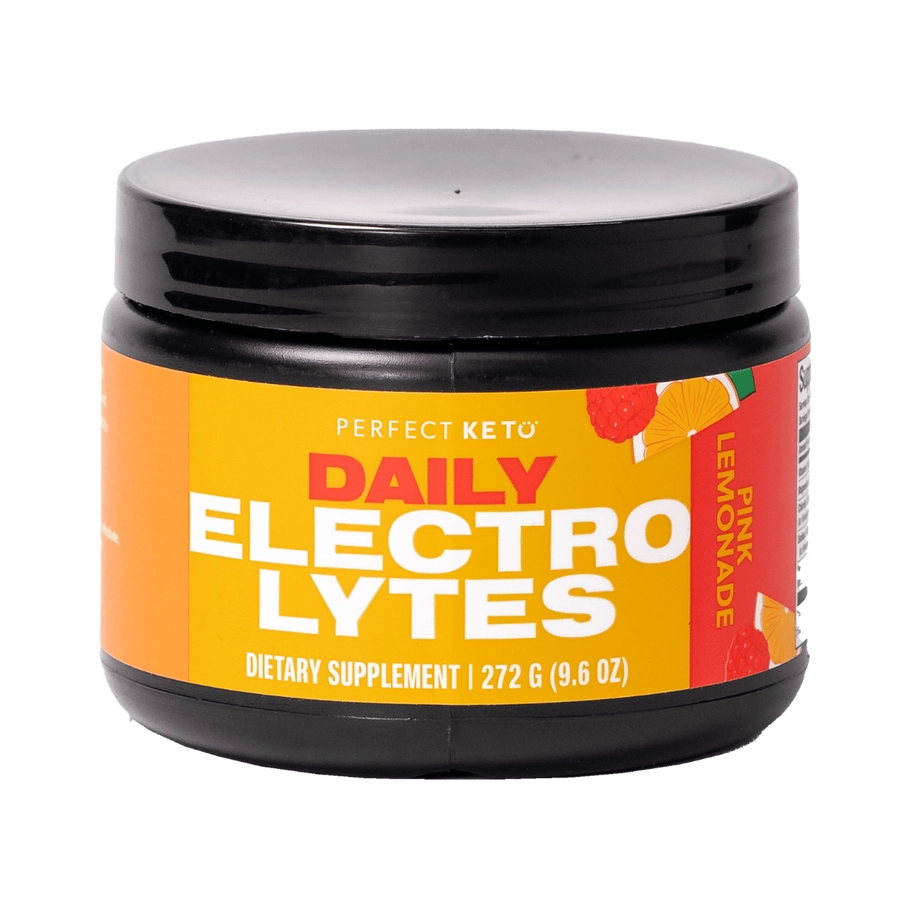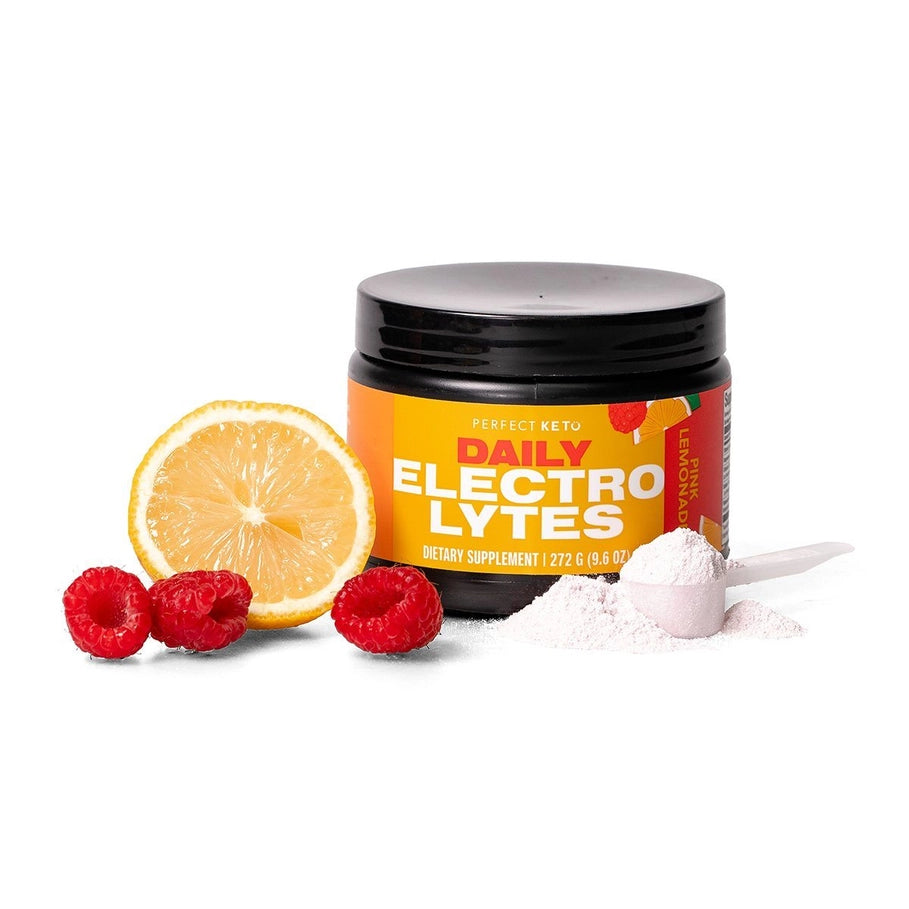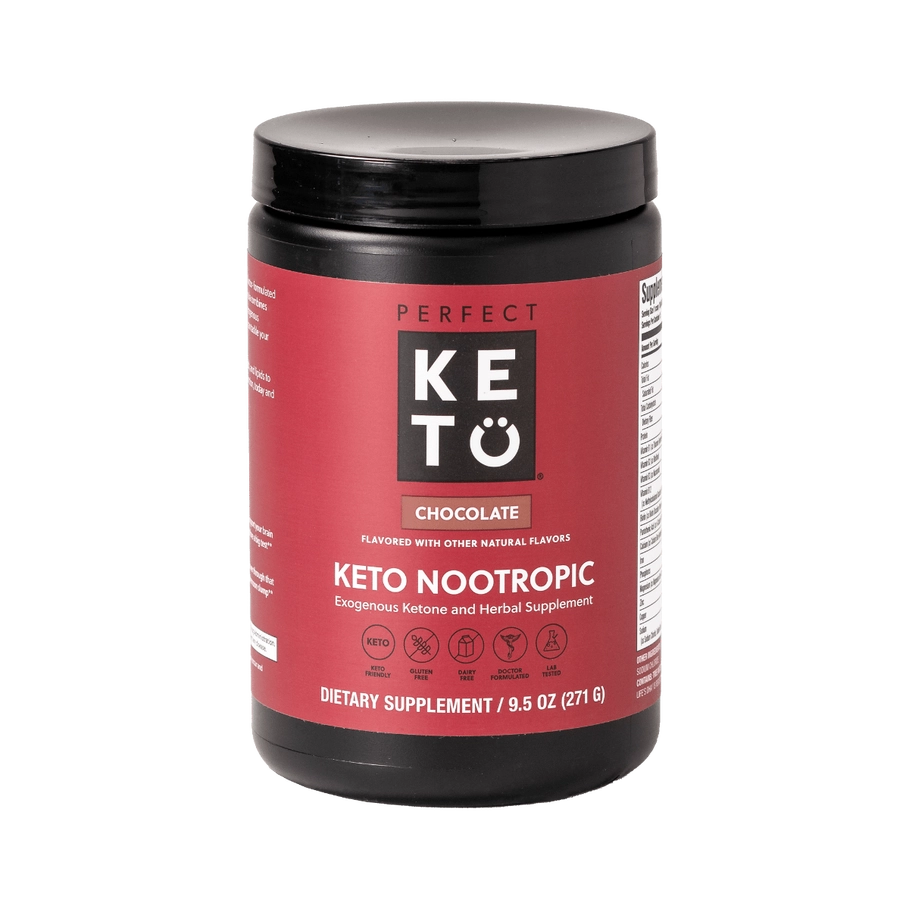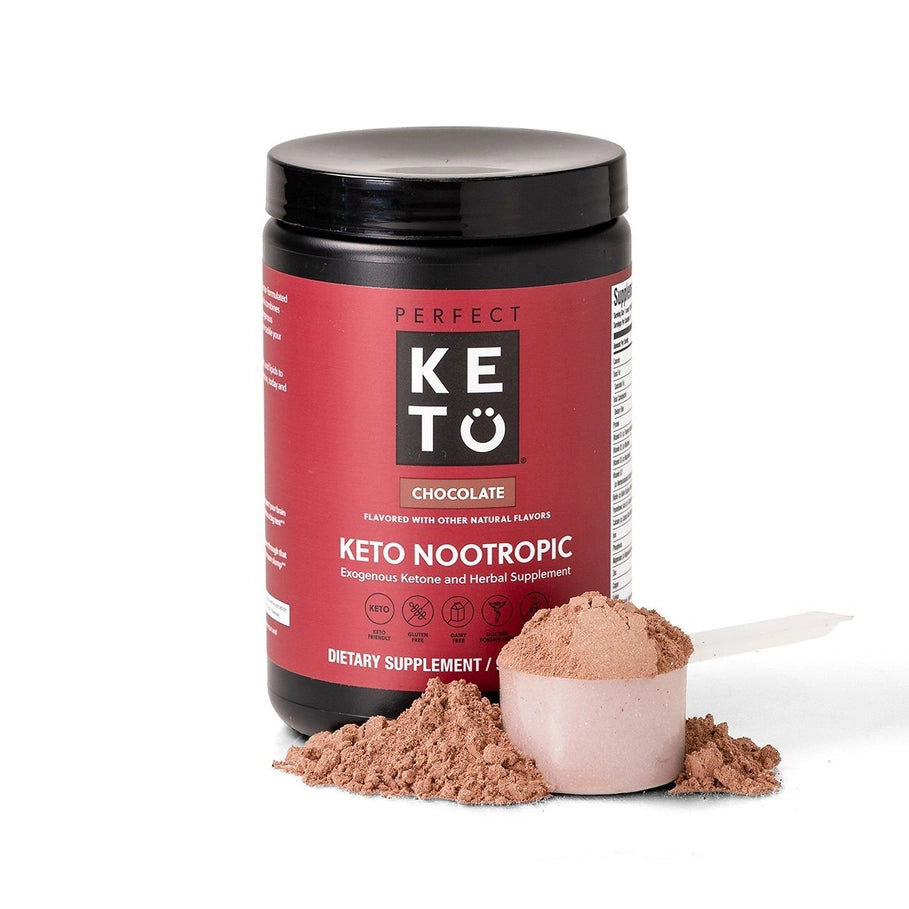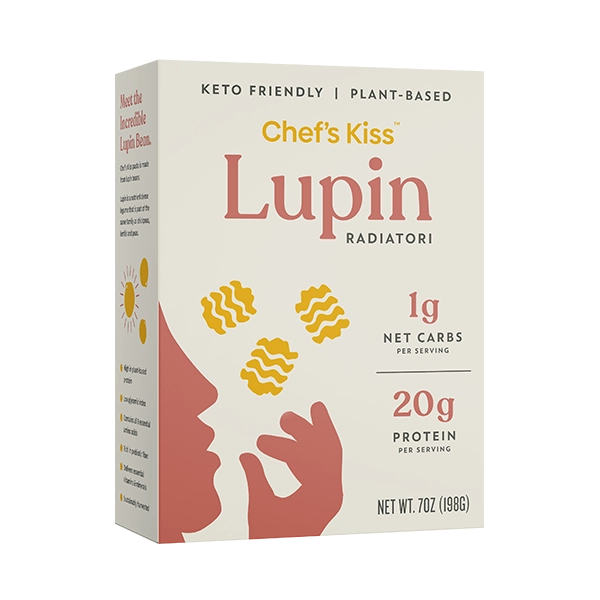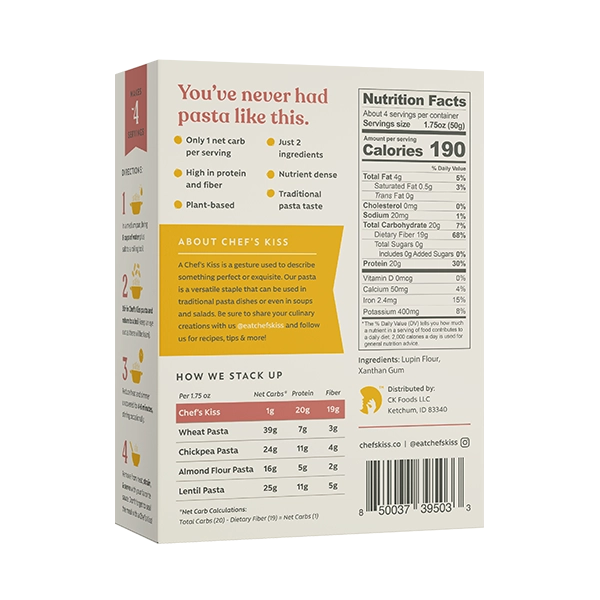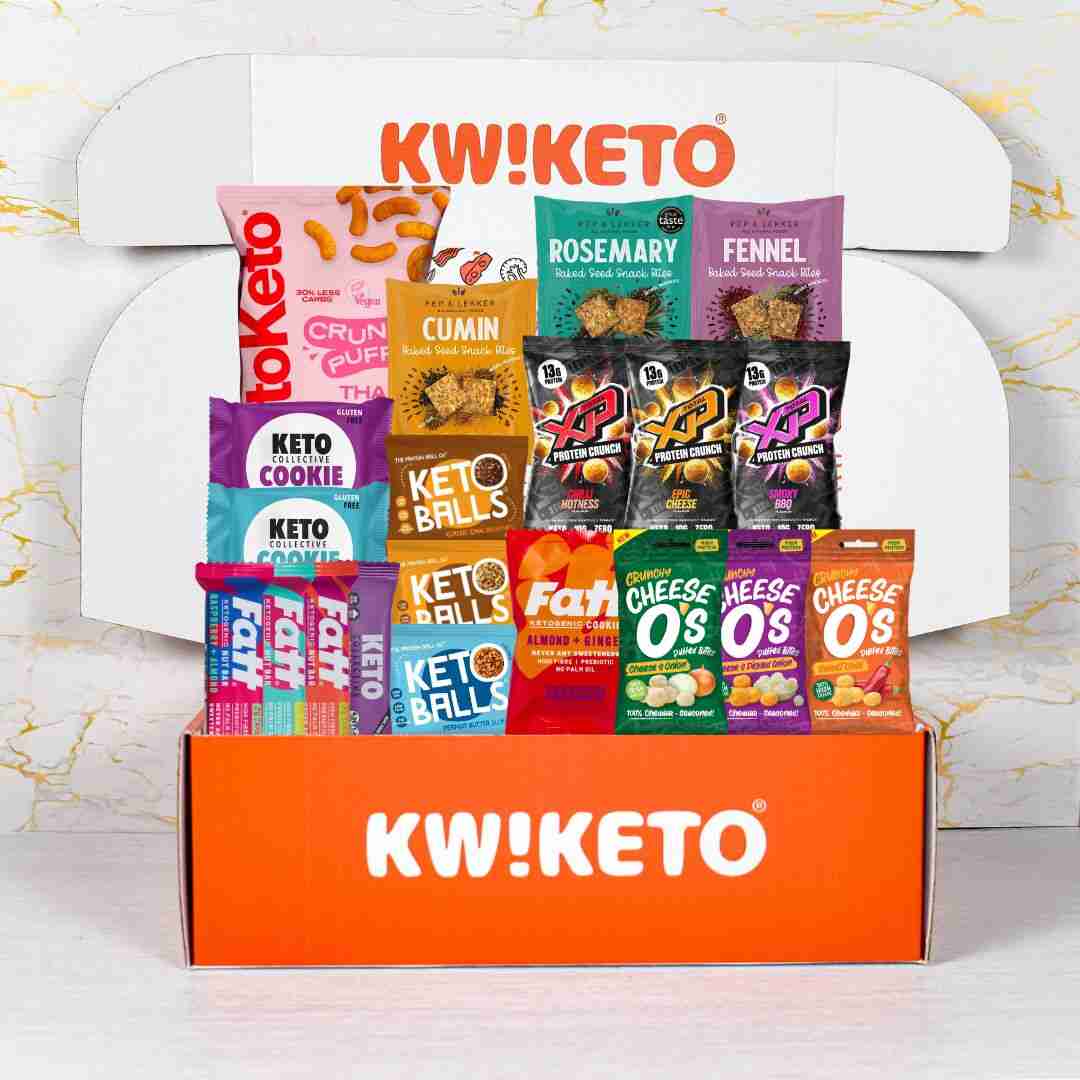
Lectins and Inflammation: Understanding Their Health Impact
Decoding the Lectin-Inflammation Enigma: Separating Fact from Fiction
Lectins: The Carbohydrate-Binding Proteins
In the intricate tapestry of plant biochemistry, lectins emerge as a class of proteins possessing an intriguing ability: they can bind to specific carbohydrate molecules. These ubiquitous compounds are found across the natural world, from the humble legume to the majestic tree, playing vital roles in the physiology of diverse organisms. Lectins are not a monolithic entity; rather, they encompass a diverse array of proteins, each with its unique carbohydrate-binding preferences and characteristics. While some lectins are entirely innocuous, others have garnered attention due to their potential to elicit adverse reactions, particularly when consumed in excessive quantities or in their raw, uncooked state.
The Inflammatory Conundrum: Separating Fact from Fiction
In recent years, a controversial narrative has emerged, portraying lectins as culprits behind a constellation of health concerns, including obesity, chronic inflammation, and autoimmune disorders. This narrative has fueled a burgeoning dietary trend advocating for the exclusion of lectin-rich foods, often without robust scientific evidence to support such claims. However, as with many dietary fads, the reality is far more nuanced than the sensationalized rhetoric would suggest. While it is true that certain lectins, when consumed in their active state, can elicit adverse reactions, such as gastrointestinal distress or even food poisoning, these instances are relatively rare and often the result of improper food preparation or handling.
Understanding Lectin Deactivation
One of the critical factors in mitigating the potential risks associated with lectins is proper food preparation. Cooking, particularly through high-heat methods like boiling or stewing, can effectively denature and deactivate most lectins, rendering them harmless. This is particularly true for legumes, such as beans and lentils, which are commonly consumed after thorough cooking or canning processes that neutralize lectin activity. Moreover, the human body possesses a remarkable array of digestive enzymes capable of breaking down and neutralizing some lectins, further reducing their potential for harm. Additionally, processes like sprouting grains and legumes or mechanically removing the outer hulls of these foods can significantly diminish their lectin content.
The Beneficial Roles of Lectins
While the potential risks of lectins have garnered significant attention, it is essential to acknowledge their beneficial roles as well. Lectins have been found to exhibit antioxidant properties, protecting cells from damage caused by free radicals. Furthermore, some lectins may aid in slowing down the absorption of carbohydrates, potentially mitigating sharp spikes in blood sugar levels and associated insulin responses. Intriguingly, early research has even explored the potential therapeutic applications of certain non-toxic lectins in stimulating gut cell growth and as adjuvants in cancer treatments, harnessing their ability to selectively target and induce cell death in malignant cells.
The Evidence: Lectin-Rich Foods and Health Outcomes
While the lectin-inflammation narrative has captured public imagination, it is imperative to examine the weight of scientific evidence regarding the consumption of lectin-rich foods and their impact on human health.
Legumes and Whole Grains: Nutritional Powerhouses
Numerous large-scale population studies have consistently associated the consumption of lectin-rich foods, such as legumes, whole grains, and nuts, with favorable health outcomes. These nutrient-dense foods have been linked to weight loss, lower risks of cardiovascular disease, and reduced incidence of type 2 diabetes. These findings underscore the importance of considering the overall nutritional profile of lectin-containing foods, which are rich sources of fiber, protein, B vitamins, minerals, and healthy fats. The potential benefits of consuming these foods appear to outweigh any purported risks associated with their lectin content, particularly when they are properly prepared and consumed as part of a balanced diet.
Addressing Lectin Sensitivity and Intolerances
It is important to acknowledge that some individuals may experience digestive sensitivities or intolerances to certain lectins or other compounds present in specific foods. In such cases, a personalized approach that involves identifying and minimizing the consumption of trigger foods may be warranted. However, it is crucial to differentiate between genuine food intolerances and the broad vilification of entire food groups based on unsubstantiated claims or anecdotal evidence. The latter approach risks depriving individuals of valuable nutrients and promoting unnecessary dietary restrictions without scientific justification.
The Way Forward: Embracing Evidence-Based Nutrition
As the discourse surrounding lectins and their potential health impacts continues to evolve, it is imperative that the scientific community and healthcare professionals remain vigilant in separating fact from fiction. The temptation to embrace dietary fads or make sweeping claims without robust evidence must be resisted, as it can lead to misinformation and potentially harmful dietary practices. Instead, a commitment to rigorous research, open-minded inquiry, and evidence-based decision-making should guide our understanding of the role of lectins in human health. By embracing a nuanced and scientifically grounded approach, we can empower individuals to make informed choices about their dietary habits while avoiding the pitfalls of unnecessary restrictions or unfounded fears.
Ultimately, the lectin-inflammation narrative serves as a reminder of the importance of critical thinking and the need to approach nutrition from a holistic perspective, considering the complex interplay of various dietary components, individual physiological factors, and the overall quality of one's dietary patterns.
Conclusion
The relationship between lectins and inflammation is a complex and multifaceted topic that demands a nuanced and evidence-based approach. While it is true that certain lectins, when consumed in their active state or in excessive quantities, can elicit adverse reactions, the broad vilification of lectin-rich foods is not supported by the weight of scientific evidence. Proper food preparation techniques, such as cooking, can effectively neutralize the potential risks associated with lectins, rendering many lectin-containing foods, like legumes and whole grains, safe for consumption. Moreover, these nutrient-dense foods have been consistently linked to favorable health outcomes, including weight management, reduced risk of chronic diseases, and improved glycemic control.
As the scientific community continues to explore the intricacies of lectins and their interactions with the human body, it is crucial to embrace a balanced and open-minded approach. By separating fact from fiction and resisting the temptation to succumb to dietary fads or unsubstantiated claims, we can empower individuals to make informed choices about their dietary habits, while also fostering a deeper appreciation for the complex interplay between nutrition and human health.



